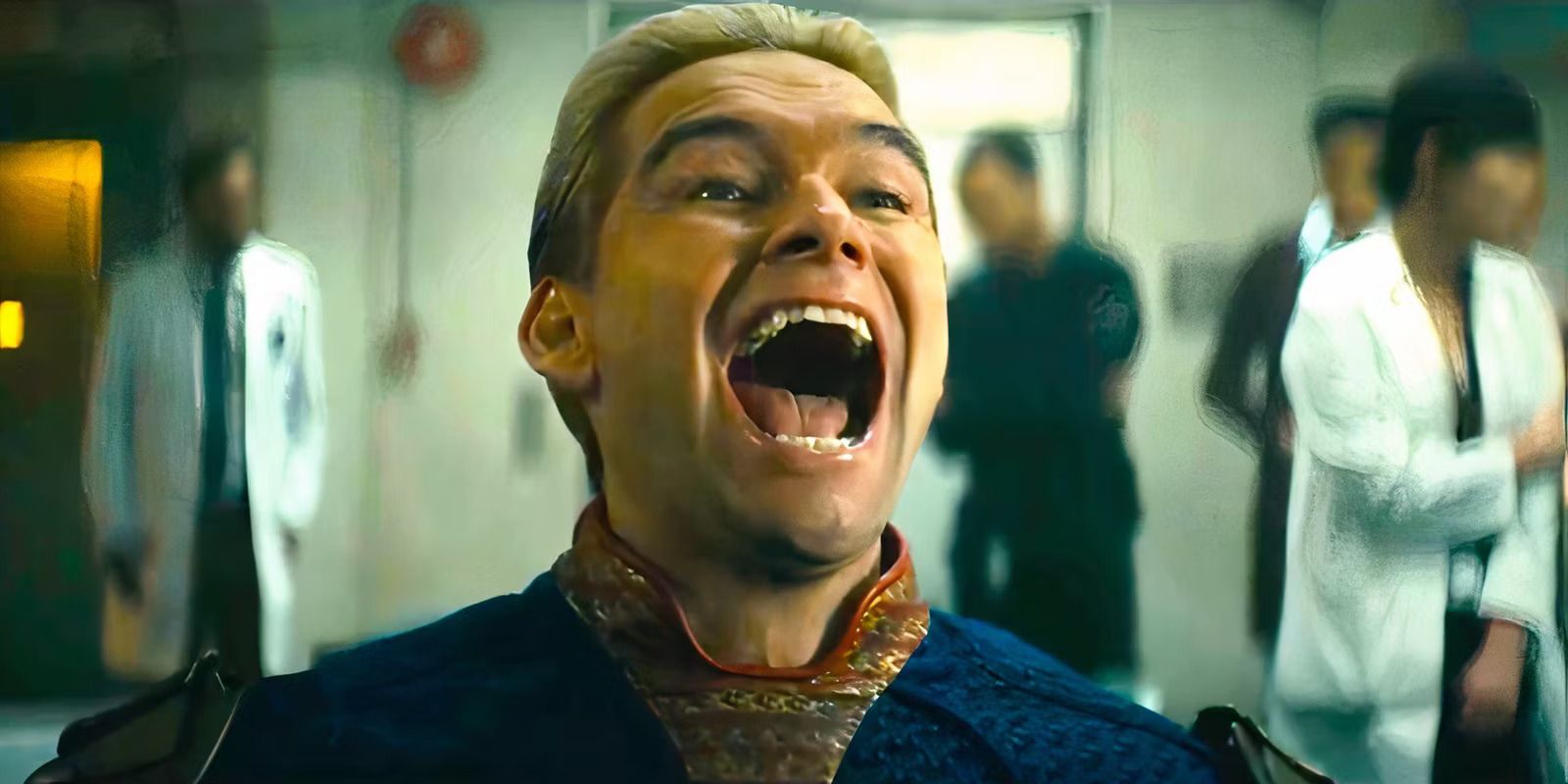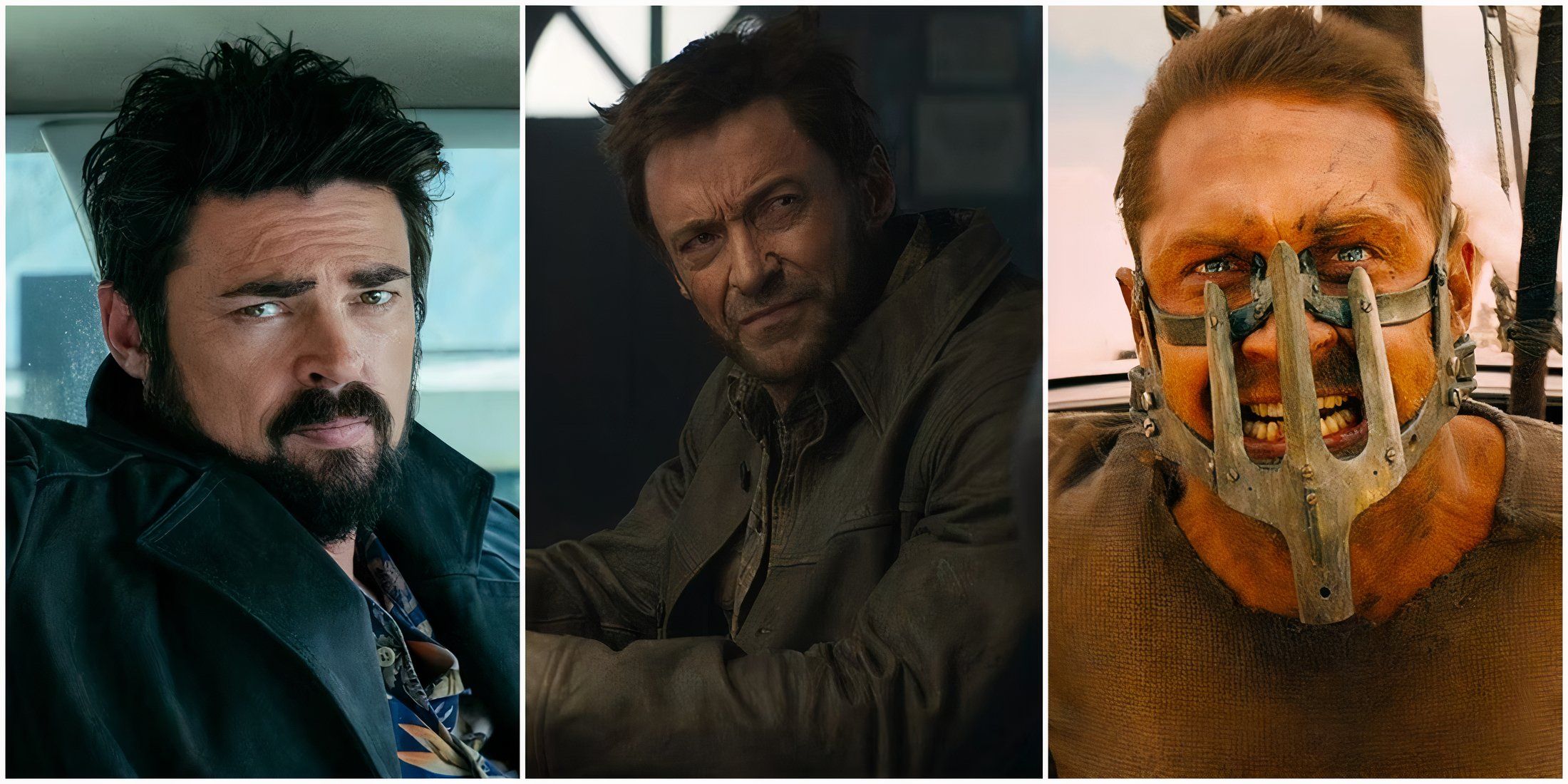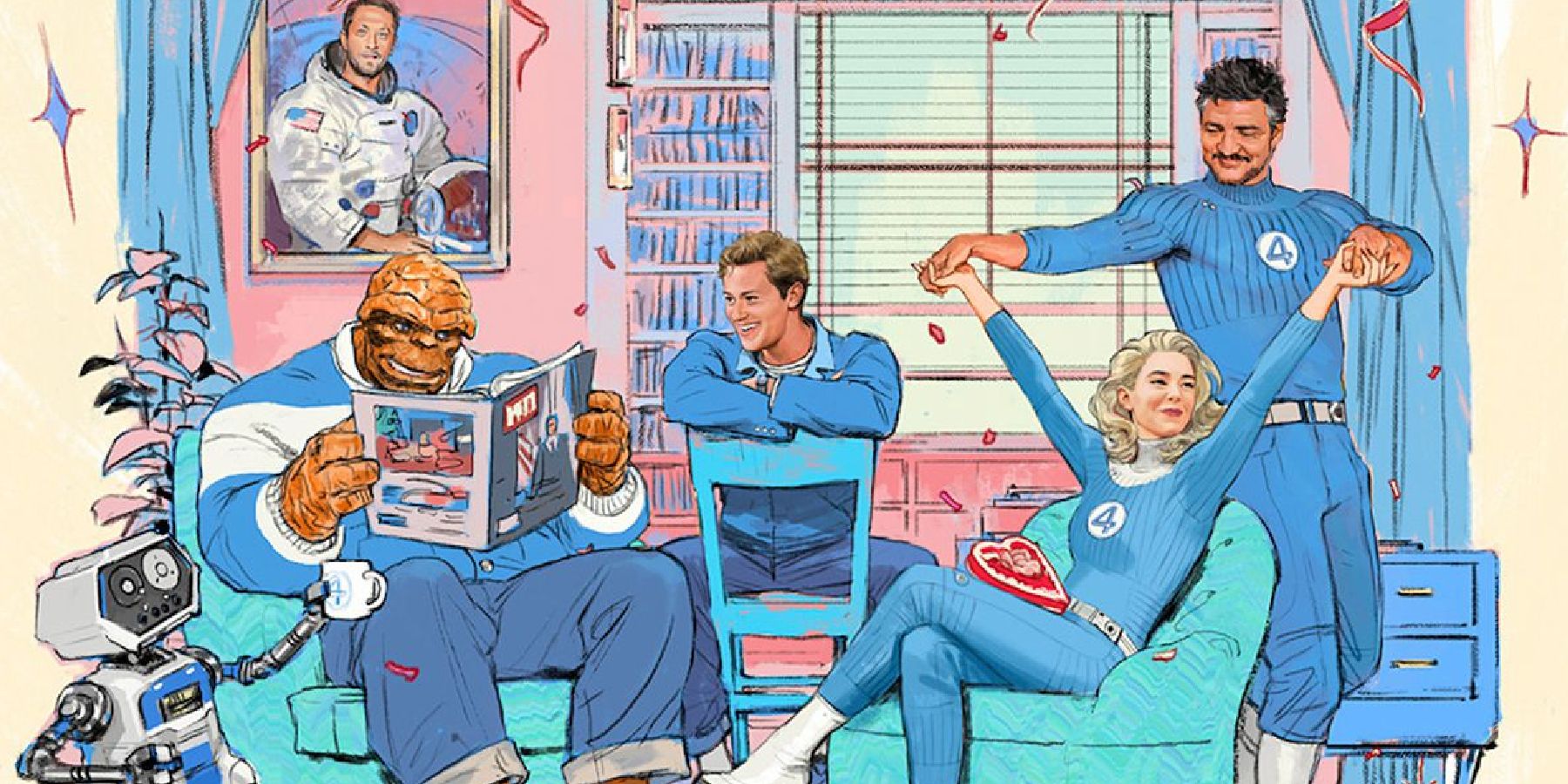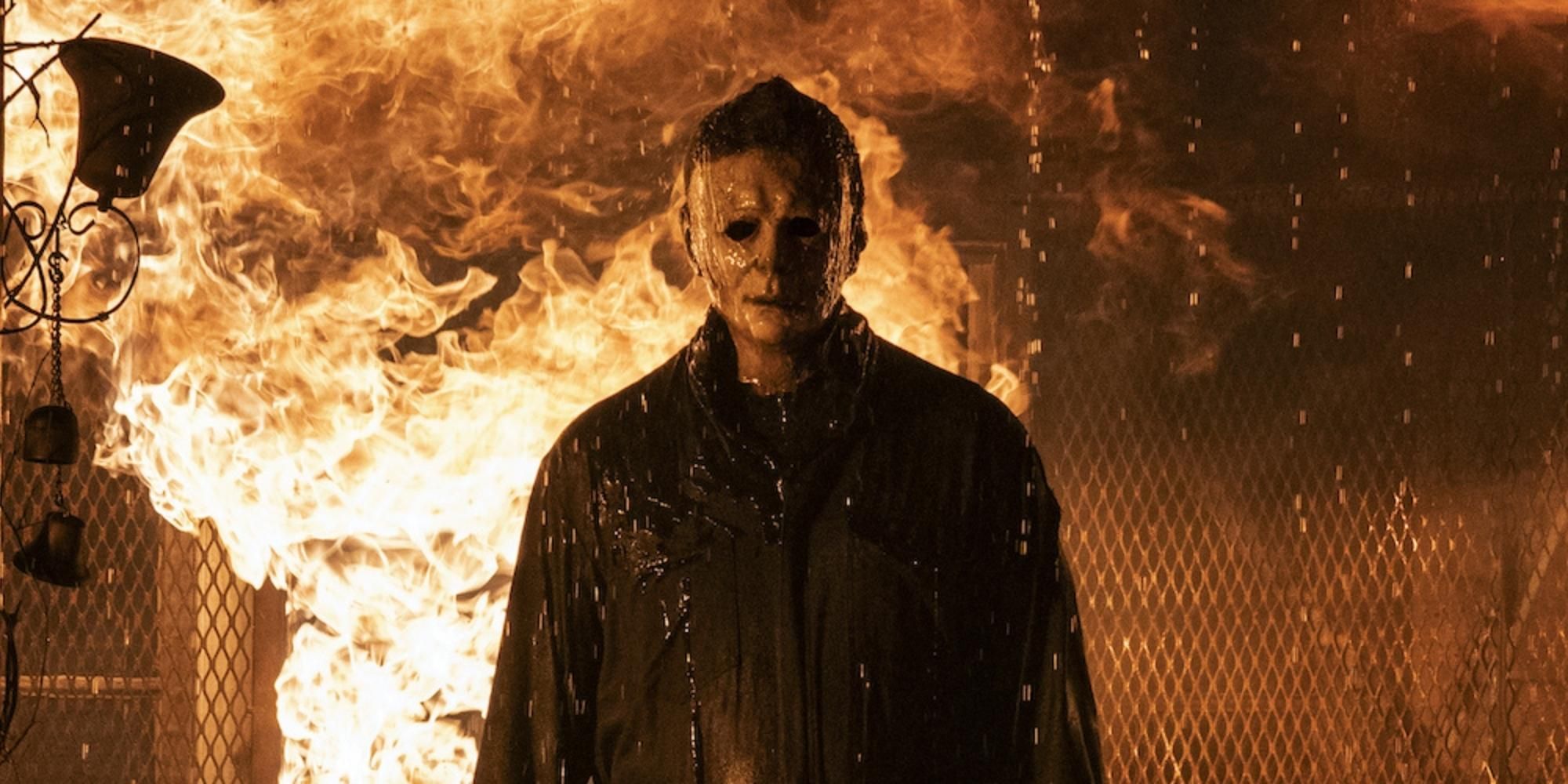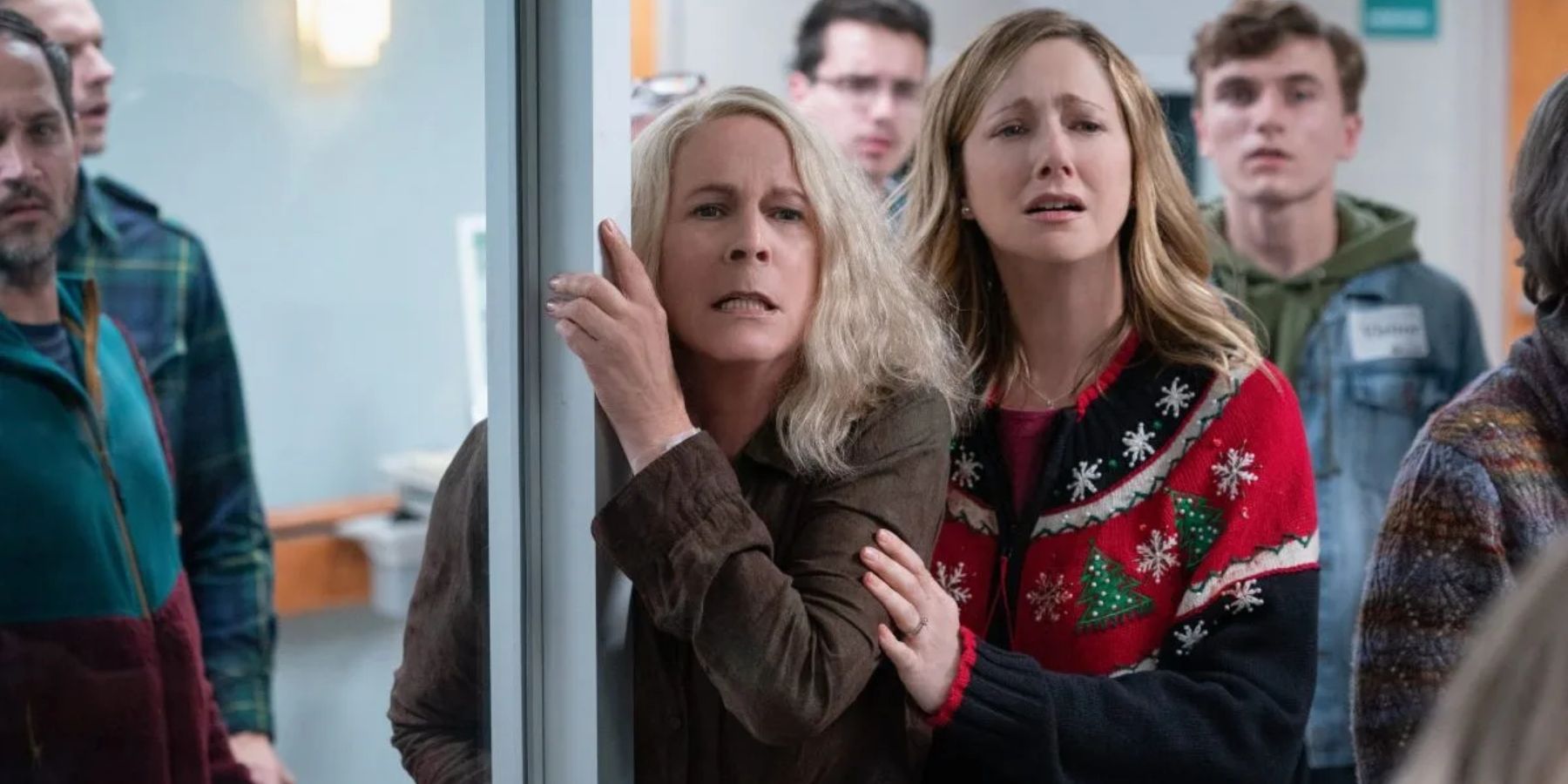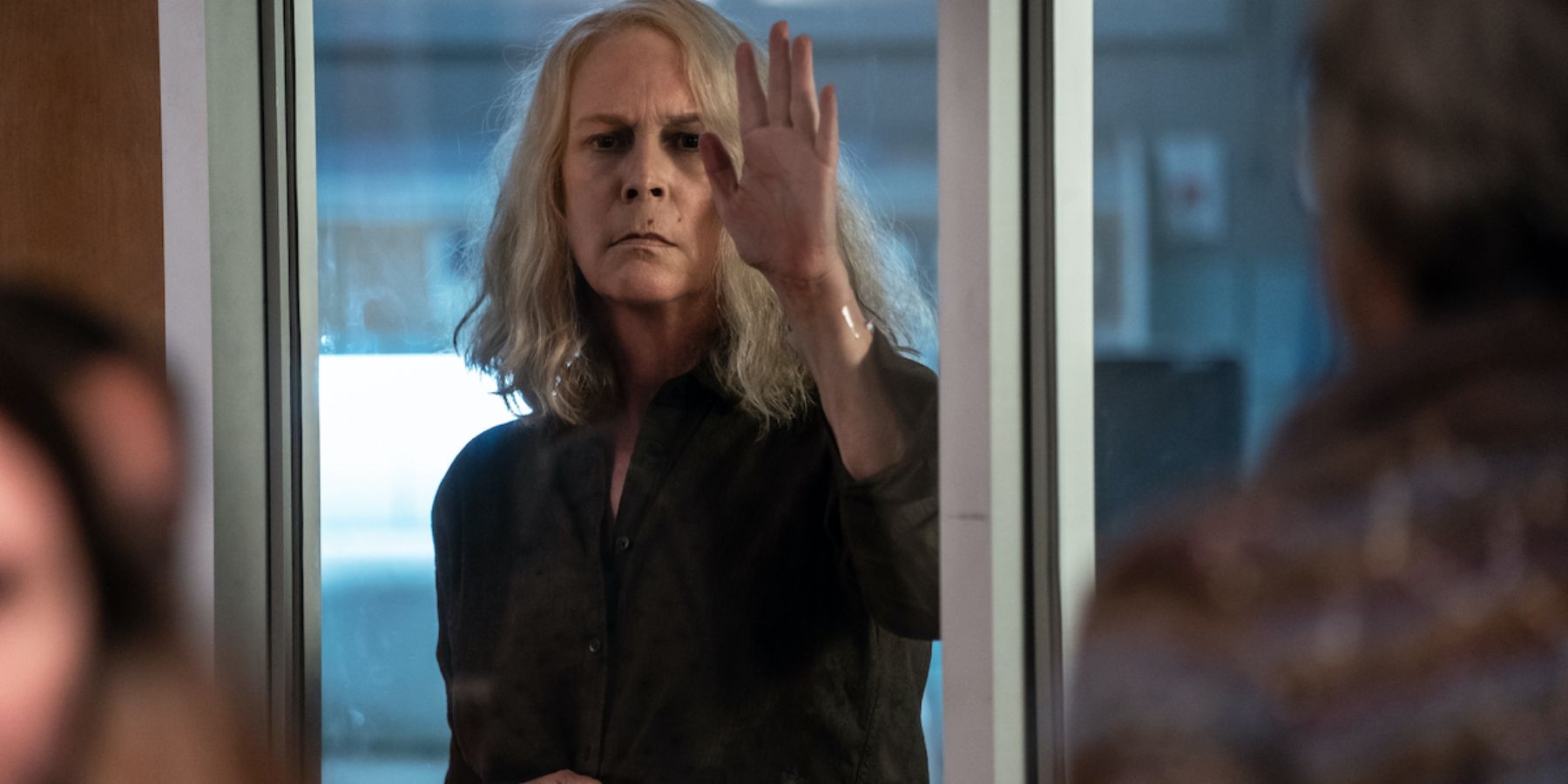It can be hard to take a single idea and expand it into a trilogy, especially when the first outing feels so complete. This is the problem David Gordon Green encountered with Halloween Kills, and he's landed on an unorthodox solution. Since the second film didn't work out, Green simply ignored or abandoned every major element in the third.
The old expectation of trilogies in cinema is that the first film is a proof of concept, the second goes bigger and perfects the formula, and the third ruins everything. Look at classics like Alien, Terminator, or Star Wars. Sometimes a concept can fall apart by part two, and that can be a bit more interesting.
This will not come as a shock to anyone who has seen the recent Halloween trilogy, but writers Danny McBride and David Gordon Green originally planned to make two films. They expanded their planned double-act into a trilogy when they realized they had a bit too much material for just under four hours. This turned out to be a poor decision. Halloween Ends has earned something of a mixed reception, but the second film, Halloween Kills, has a much more straightforwardly negative cultural cache. Halloween Kills is not a good film, most fans ridiculed it upon release and sought to forget it as soon as it dropped. Thankfully, Halloween Ends swiftly moves past the plot of the previous entry and focuses on an entirely different story.
What are the most important moments in the plot of Halloween Kills? Too much of the film is spent with minor characters from the original films who wind up being largely unimportant. There are really only two major events that would inform the ongoing series. The first is the ending, in which Laurie Strode's daughter Karen is killed by Michael Myers. The second is Michael's survival after being brutalized by the residents of Haddonfield. The death of a major character would logically inform the direction of a trilogy, while the sudden development of supernatural elements in a villain should change the stakes. Unfortunately, the opening of Halloween Ends moves past those major story beats and carries on as if only the 1978 and 2018 entries had occurred.
As the film begins, the town is still reeling from Michael's 2018 killing spree. Very little mention is made of the multiple murders that occurred just a year later. Most of the major characters from Halloween Kills are dead. Perhaps more galling, Laurie seems to have totally moved on from the death of her estranged daughter at the hands of her greatest nemesis. Years have passed, and she's busy writing her memoir. She's taken over the work of raising her granddaughter Allyson, who also doesn't seem too bothered about her mother's relatively recent death. Halloween Ends isn't about people dealing with the trauma of the events of Halloween Kills. They're still carrying their struggles from 1978. Arguably, the big storytelling element of Kills, the idea of the town rising against Michael Myers, is better exemplified in the first few minutes of Ends.
Halloween Ends is a bold movie that chickens out in the final few minutes. The film gives the impression that it's about evil passing from one body to the next, before bringing back Michael for cheap marketable trailer shots. The fact that so much of the movie is about Corey Cunningham slowly falling into darkness and taking the place of The Shape makes it difficult to tie it into its predecessor. It feels as if the 2018 reboot could've transitioned directly into Halloween Ends with no need for anything in between. A viewer could sit down and watch the first and third entries of this trilogy without needing to watch the second. The only question they'd be left asking is "where did Karen go?" There's no reason for this franchise to be a trilogy when the 2018 reboot and Ends tell a complete story.
One wonders which aspects of Halloween Kills were so integral that they warranted the film's production. Trilogies are so common that making a two-film series would almost feel alien, it's unlikely that any studio would let a big name like Halloween end on the second film. Slasher franchises almost always feel like they're building the road underneath them as they drive. Watching Green and McBride's Halloween trilogy in its totality, it's hard to believe that the story they tell was intended from the start. It's easy to assume that the stuff that works was intentional and everything else was enforced by some studio head, but it really does feel like large swaths of this franchise were last-minute choices. As it stands, Halloween (2018) and Halloween Ends are debatably worth watching, and anyone who hasn't already seen Halloween Kills would be wise to continue that streak. Whatever its merits, Halloween Kills is now as meaningless as it felt upon its initial release.

